Kabul, MINA – The World Health Organization (WHO) has called on the Islamic Emirate of Afghanistan to ease restrictions on female aid workers, stating that their presence is critical for providing medical assistance to women affected by a devastating earthquake last week.
As reported by Ariana News on Monday, a 6.0-magnitude earthquake on September 1 killed over 2,200 people, injured more than 3,600, and left thousands homeless in eastern Afghanistan.
With most medical staff in the region being male, WHO officials have warned that Afghan women are struggling to access healthcare due to cultural barriers and rules requiring them to travel with a male guardian.
“A very big issue right now is the decreasing number of female staff in these locations,” said Dr. Mukta Sharma, WHO’s deputy representative in Afghanistan. She noted that about 90% of the available health workers in the region are men, while the remaining 10% are mostly midwives and nurses, not doctors equipped to handle serious injuries.
Also Read: Paul Pogba and Hakim Ziyech Among Athletes Urging UEFA to Boycott Israel
Restrictions on women’s employment have worsened this problem. In 2022, the Taliban banned Afghan women from working for NGOs, although limited exceptions were granted in the health and education sectors.
Humanitarian groups say these exceptions have been inconsistent, leaving aid agencies uncertain and often unable to deploy female staff when emergencies arise.
“The restrictions are huge, the mahram (male guardian) issue continues, and no formal exceptions have been given by the de facto authorities,” Sharma said. “This is the time when you really need more female health workers, so let’s get them involved.”
Community members also stated that the lack of female doctors has worsened the crisis. “There are no female doctors for examinations. Only one male doctor is available,” said Peer Gul, a resident of the Somai district in Kunar Province, one of the hardest-hit areas. []
Also Read: Sudan Reaffirms Partnership with WFP Despite Expulsion of Officials
Mi’raj News Agency (MINA)





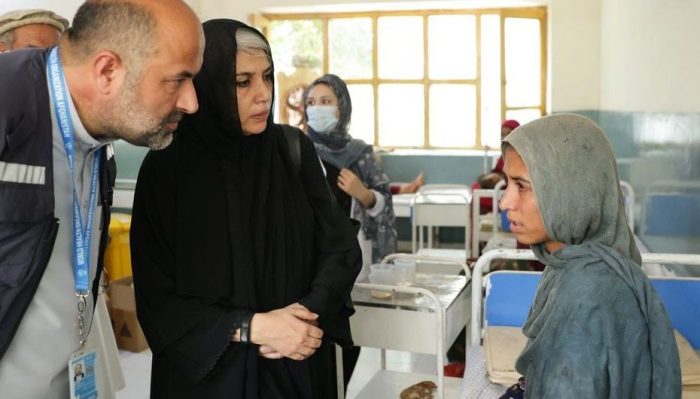



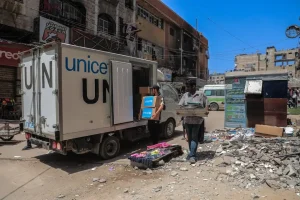
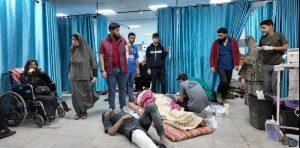
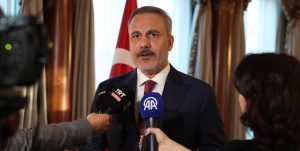
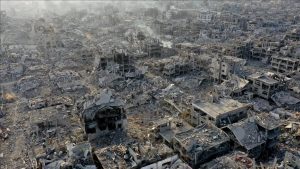
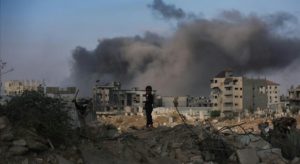

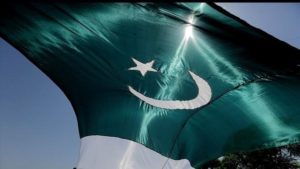
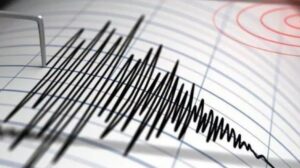
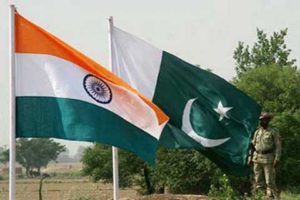






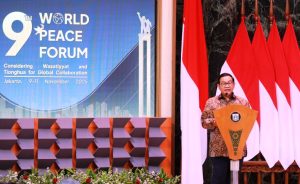






 Mina Indonesia
Mina Indonesia Mina Arabic
Mina Arabic